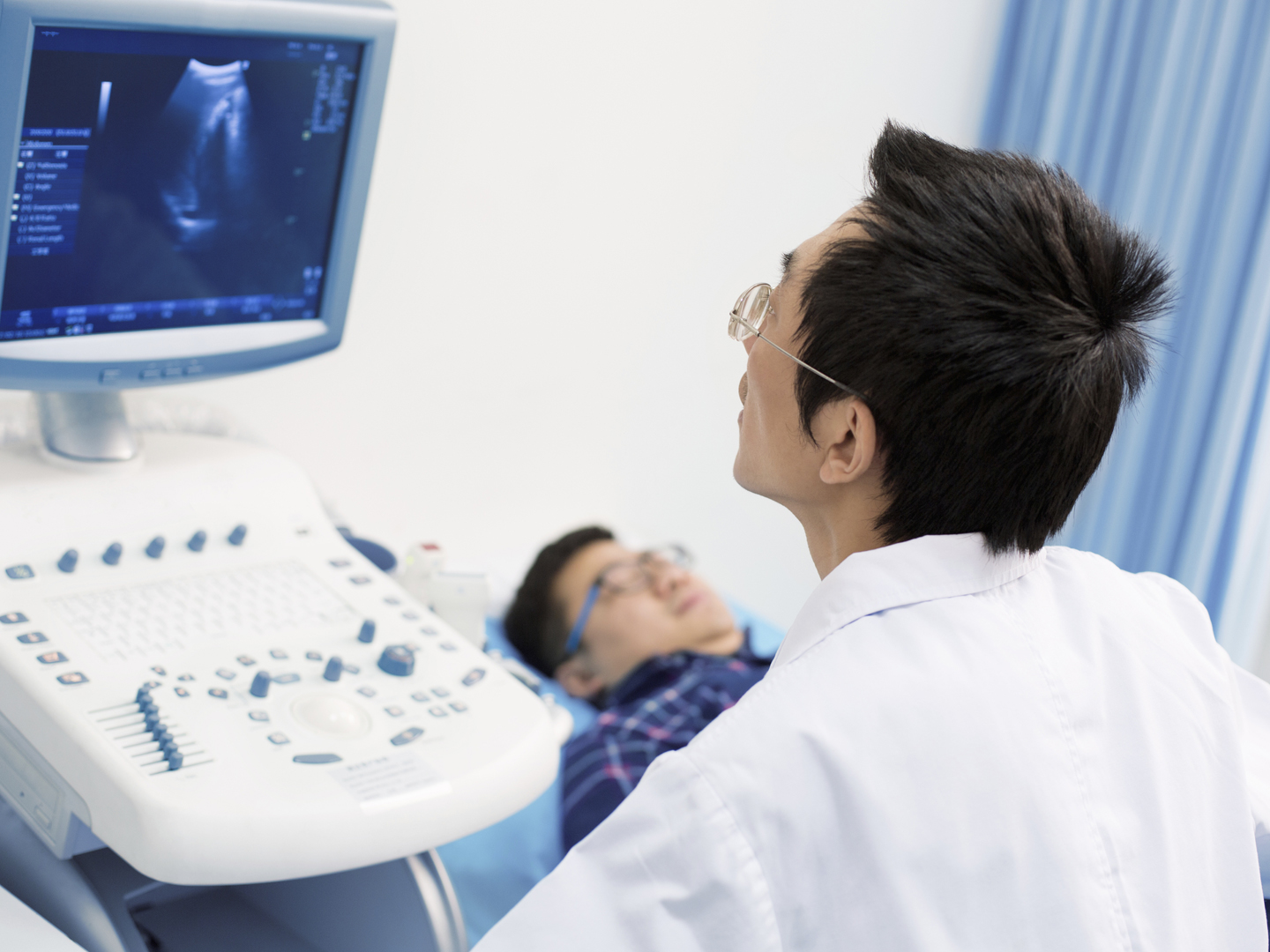Treating Prostate Cancer?
Is prostate cancer an epidemic? It would seem to be just by the number of public figures affected, most recently Colin Powell and before that Sen. John Kerry and Rudolph Giuliani – and many more. Anything new in treatment or prevention?
Andrew Weil, M.D. | February 3, 2004

Actually, the rate of occurrence of prostate cancer is declining after a spike in the late 1980s following the introduction of the Prostate-Specific Antigen (PSA) test. This test led to the detection of more early cases. Now both incidence and mortality rates are declining. Still, this year about 29,000 men will die from prostate cancer, making the disease the second most common cancer killer (after lung cancer) in men.
Treatment today includes the type of surgery Colin Powell had: removal of the prostate gland and nearby lymph nodes in the pelvis, a procedure usually performed when disease is detected early. Other options include radiation treatment to kill off cancer cells (risks include damage to nerves that control erection and urination and, sometimes, rectal problems); hormone therapy to block production of the male sex hormones that stimulate growth of prostate cancer cells; and implants of radioactive “seeds” to kill prostate tumors (urinary problems may be more severe with this treatment).
Some men with early and slow-growing prostate cancer can forego treatment and opt for watchful waiting, although a study published in the November, 2003 issue of the Journal of Urology suggests that this choice isn’t very popular: the number of men choosing watchful waiting declined from a high of 9.5 percent in 1994 to 5.5 percent between 1998 and 2000.
Meanwhile, a number of clinical trials are in progress to evaluate preventive strategies. One of the strategies considered is to take a mixed multivitamin-mineral supplement. Another, the 12-year Selenium and Vitamin E Cancer Prevention Trial (SELECT), is aimed at determining if these two supplements are protective. Results won’t be known until 2013.
We already know that the antioxidant lycopene that gives tomatoes their red color protects against prostate cancer. A new study of its effects published in the Nov. 5, 2003, issue of the Journal of the National Cancer Institute suggests that you get better protection by eating tomatoes (best when cooked in sauce) than by taking supplements. Lycopene is also found in watermelon and pink grapefruit.
To reduce your risk I also recommend drinking lots of water (dehydration stresses the prostate), adding soy foods to your diet, and eating less fat (high-fat diets stimulate production of sex hormones). Be sure to eat the right kinds of fat such as olive oil, avocados and nuts. Also, limit your intake of red meat and other sources of saturated fats and stay away from hydrogenated oils, processed foods and other sources of trans-fats. I would avoid coffee, decaffeinated coffee, alcohol, tobacco and red pepper – all are prostate irritants.
And incidentally, new research suggests that men who ejaculate more frequently between the ages of 20 and 50 are less likely to develop prostate cancer. The protective effect seems greatest for those in their 20s. Results from the study published in the August, 2003 issue of BJU International showed that men who ejaculated more than five times per week were one-third less likely to develop aggressive prostate cancer in their later years. The result contradicts an older belief that high frequency of sexual activity increases the incidence of prostate cancer.
Andrew Weil, M.D.











